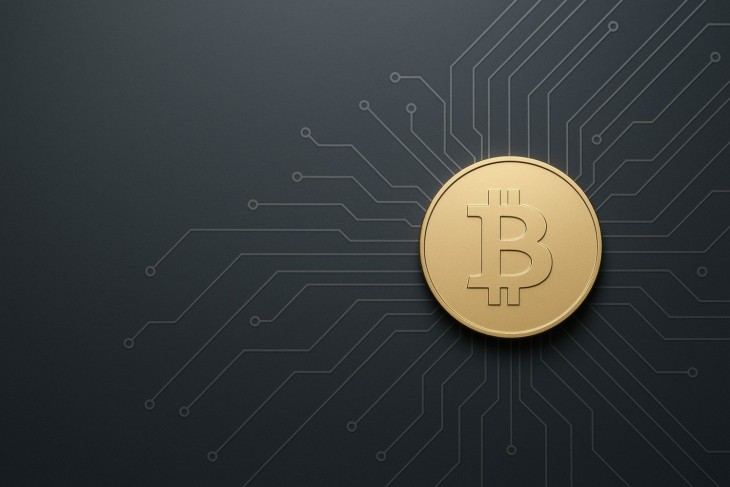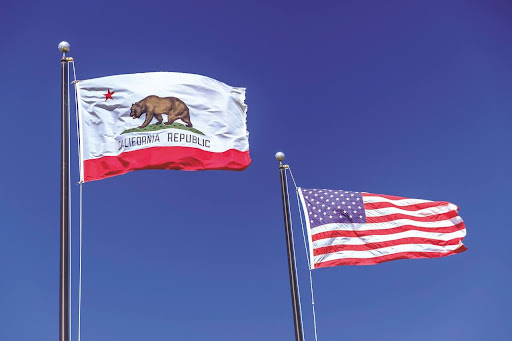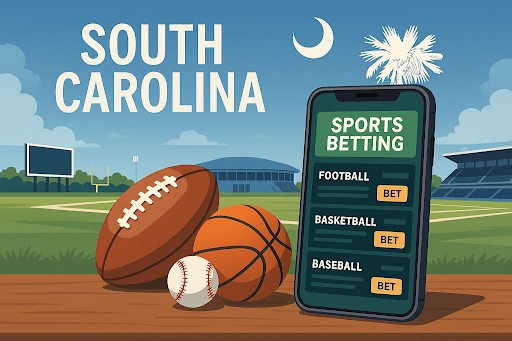Despite what many people think, the roots of electronic payments go back even before the 20th century and credit cards. Western Union was the first financial entity to debut EFTs – Electronic Fund Transfers in the US in 1871. The multinational financial services company, now headquartered in Denver, allowed people to pay for services and goods almost ninety years before the Bank of America launched the first modern-day credit/debit card. That said, in the 1960s, ARPANET (the US Advanced Research Projects Agency Network), the precursor to the internet, went live, setting the groundwork for the next steps in evolving electronic payments.
PayPal gets credited as the first software solution for storing and sending money over the World Wide Web. It debuted in the late-1990s and established itself as one of the first worldwide internet payment service providers. It ushered in a new age in money transactions, bringing innovations unheard of at the time. However, other entities quickly followed suit, and by the start of the 2000s, multiple similar technologies showed up online. Now expectations are that the digital wallet market will grow at a yearly compound rate of 27% until 2028, when it will reach a size of $30 billion.
What is a Digital Wallet
In short, a digital (electronic) wallet is an application that runs on web and mobile platforms allowing users to securely store payment info and passwords and conduct financial transactions with other parties. A digital wallet can also hold gift vouchers, loyalty points, coupons, various ticket data, and more. This software eliminates the need for individuals to carry physical wallets. It utilizes QR codes, near-field communication tech, and magnetic-secure transmissions to facilitate swift money transfers at retail outlets. Online, state-of-the-art tokenization encryption processes get used.
Types of Digital Wallets
Three primary types of digital wallets exist. They are closed, semi-closed, and open. The first, closed wallets, get used for storing customers’ funds and can only make transactions with the issuer of the virtual pocketbook. Currencies originating from returns, cancelations, and refunds are stored in these wallets. Semi-closed ones let users transact at listed locations and merchants; this means that someone predetermined the coverage area., relying on agreements. And open wallets are software that banks and financial institutions deal with, allowing their users to employ them for almost all transactions possible.
Digital Wallets Broaden Merchant Acceptance
Without question, the digital wallet ecosystem is continuously swelling and delivering greater value for consumers and merchants alike. Due to the global interoperability of these payment solutions, their users can pay for most things at different locations on separate continents. Over the past two decades, digital wallets have created powerful networks of merchant acceptance, regardless of value and whether transfers happen offline or online.
While mobile wallets are a fantastic way to enhance online checkouts and boost conversions, it is vital to note that no two wallets are the same. Each wallet operates differently from the rest of its competitors, and merchants must cater to all these individual rules as they expand internationally. That is why they are a terrific method to boost conversion and enhance online checkout while allowing merchants to cater to an international clientele. A prime example of an industry implementing digital wallets to staggering success is online gambling. Platforms like those ranked on SafestBettingSites.com accept wallets like CashApp from US residents but also allow solutions that cast a wider global net like Neteller.
They Drive Financial Inclusion
Various data shows that digital wallets are an effective tool to promote financial inclusion, and they can store cryptos. They offer a convenient and fast way for people to make payments and supply secure platforms for transacting over the internet. Moreover, innovative sector players frequently bundle additional products and services with their core offerings. Those features can include adding a Buy-Now-Pay-Later system for unbankable customers, mainly to help solve financial inclusiveness in various undeveloped regions. Going by stats from the World Bank, somewhere in the neighborhood of 1.7 billion people on the planet have no access to banking services, proving the importance of giving these individuals a viable transaction avenue.
Best Wallets on the Market
According to various polls, the best-reviewed digital wallets available are Cash App, Venmo, PayPal, Samsung Pay, Google Wallet, Apple Pay, AliPay, Dwolla, and Walmart Pay.
AI-Powered Financial Assistants
Artificial intelligence is all the rage today, with millions salivating over the possibilities that software like Chat GPT and MidJourney deliver. AI-powered solutions are making their way into virtually every sphere imaginable. That holds for financial services apps as well. Many famous wallets, such as those listed above, have AI budgeting tools that take advantage of historical aggregated data and implement pre-coded analytics to provide wise fund allocation advice. These algorithms can also give investing strategies and propose a range of achievable financial annual goals, with plans on how to reach them.
To Sum Up
Digital wallets are not something new. They have been around for over two decades and are the future of money, illustrated by the fact that they will account for 52% of e-commerce transactions by 2025.


























